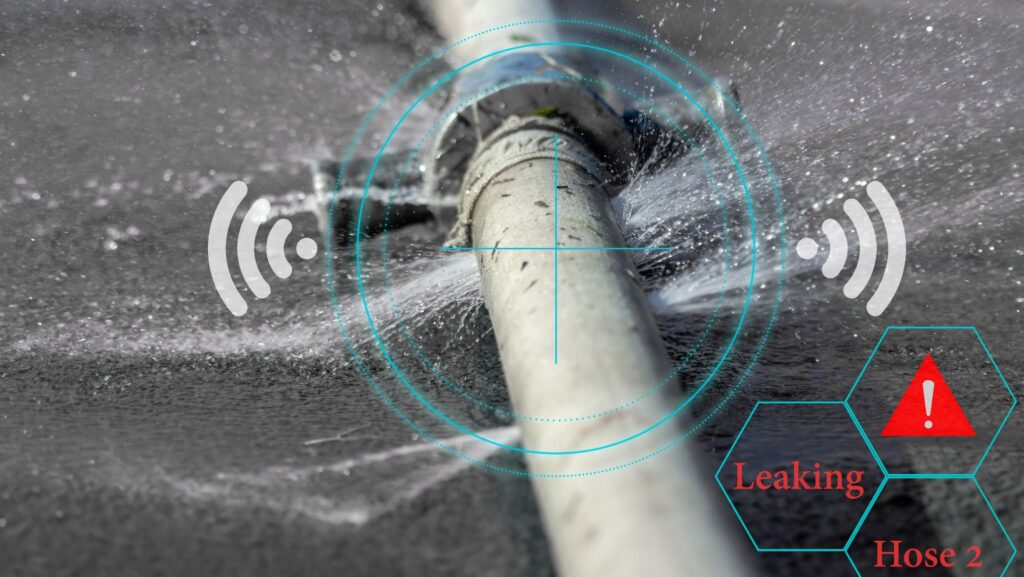In recent years, the ecological impact brought about by the consumption of water has grown into a point of discussion as people have become more aware of their consumption patterns and their aftermath. Home water flow sensors are one important tool in helping homeowners manage their water usage, with huge environmental benefits coming from that. These sensors allow homeowners to monitor and regulate the flow of water in their homes for any abnormalities, such as leakage or over-consumption. These sensors identify wasteful patterns and help prevent overuse, going a long way in saving water and reducing the general environmental footprint of households.
Monitoring
Among the important environmental advantages of using home water flow sensors is the prevention of water wastage. Water is frequently used inefficiently in many households due to unnoticed leaks or inessential flow. The home water flow sensor instantly informs the owner of exactly how much water is being used, thus giving a better understanding of areas where water could be saved or where leaks can be identified. A small leak that may not be detected for months can result in wasting thousands of gallons per year. This is due to the flow sensor’s ability to spot leaks early, thus enabling one to act to have them fixed to prevent massive wastage of water.
Water Conservation
Among the many innovations in water flow sensor technology, the Flologic water shut off system stands out as an excellent tool for convenience and conservation. This system detects not just the flow of water but also automatically shuts it off in case of a major leak or irregular flow pattern. This feature helps prevent catastrophic water loss, especially in cases of burst pipes or other emergencies. With Flologic’s water shut-off system protecting homes from further water damage by allowing less water to be lost in such incidents and making homes more efficient, it leads to reduced consumption of water that puts less pressure on the local water supply.
Reduce Energy Consumption
Water heating is another area in which home water flow sensors can have considerable effects on energy consumption. Heating water for household use consumes a large percentage of household energy bills. Inefficient use of water results in its unnecessary heating, which is an increase in energy consumption.

Home water flow sensors can help avoid this by ensuring that water is heated only when it is required, with no wastage. For example, in the case of a flow sensor detecting a period of inactivity in the use of water, it will automatically adjust the water heater to stop heating to save both water and energy. This direct link between water usage and energy saving illustrates the broader environmental benefits of integrating water flow sensors into the home.
Sustainable Water Management
As shortages worsen across the globe, efficient management of water has increasingly become of prime importance. Home water flow sensors contribute toward a more sustainable approach in the management of water by ensuring that water is utilized only where it is needed and in appropriate quantities. This technology supports the idea of water conservation by making it possible for homeowners to track their consumption habits and make adjustments in order to reduce waste. These sensors can also analyze long-term trends, enabling a homeowner to make changes in strategy regarding water usage. By taking a more proactive approach to water management, the strain on local water supplies is reduced and helps contribute to more sustainable living practices.
Smart Home Systems Integration
The environmental benefits of home water flow sensors will be further enhanced by their integration into smart home technologies. Smart home systems could grant a greater degree of control and insight into water use for homeowners. Coupling water flow sensors with other smart devices-such as automated irrigation systems or water-efficient appliances-allows homeowners to further optimize their entire process of water consumption. For example, a smart irrigation system automatically readjusts the watering schedule based on the data of a water flow sensor, hence assuring that the plants receive only what is necessary. The level of integration in the preceding instances makes the sustainable practices easier to maintain in all other areas of daily life.

Undeniably, home water flow sensors have their environmental impact. They minimize water waste, ensure energy efficiency, and facilitate sustainable water management, thereby enabling homeowners to be more environmentally friendly. It’s never been more convenient, not to say efficient, in the history of innovations in areas such as Flologic’s water shut-off systems, let alone increasingly enhanced integration with smart technologies. Applications of such nature serve the cause of helping one’s pockets, at large, after benefitting the ecosystem-a boon both ways for a single adaptation of this nature.



